
Verifying Mental Health Experts on TikTok
December 19, 2022 in Social Media Guide

Although entertaining, TikTok can also be an incredibly educational social media platform. Because of how short videos can be (from mere seconds to 3 minutes), TikTok can be an incredibly accessible tool and source of information.
Depending on what your algorithm looks like, you may have gotten some sort of TikToks about mental health and psychology. Like every topic on the millions upon millions of videos on the fairly young platform, the style of these can vary. One common type of video includes the “put a finger down” style, where the creator will list items that you put a finger down if you relate to, and reveal what it means if you have more than a certain number of fingers down.
Even these kinds of videos can vary – you may find out that the creator considers you to be a picky eater, or that you match the qualities of a crow. These kinds of styles are very common with “diagnoses” however, where the creator, likely with no or unverifiable qualifications, will tell you what kind of attachment style you have, if you have ADHD, or will tell you something about yourself because of something from your childhood, such as being too nice now because you were ignored as a kid by the people you love.
Using the Internet to explore your mental health and get answers without having to go through the often-complicated process of seeing a doctor and getting treatment isn’t new. In fact, it can be a great way to learn more about your mental health (think of SOVA for example!). TikTok can also be a great resource, but because of its popularity and easier way of going viral compared to other social media platforms, and the ability for anyone’s video to show up on anyone’s algorithm, misinformation can spread like wildfire.
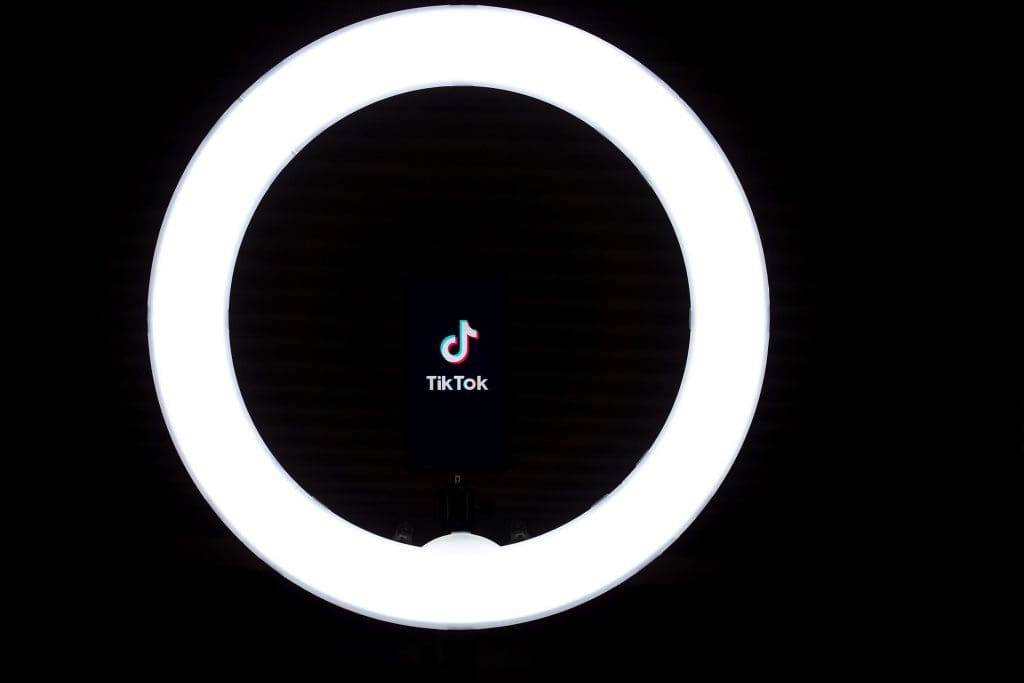
Videos where someone is shocked to find out that “excessive reading as a child is considered dissociative behavior” can gain hundreds of thousand of likes and views can cause young viewers in particular to question their own childhood if they also read a lot, and because of this “fact,” will now think they also have dissociative behavior patterns. Similarly, those who put more than five fingers down because of common habits they have may now think they have a personality disorder.
While there’s nothing wrong with using the Internet to explore your mental health and learn more about possible diagnoses, it is important to get it from the right sources. And the right sources do exist on TikTok – you just have to do a little more digging to get there. Don’t trust every mental health video that appears on your For You Page, for example. If you genuinely want to know if the diagnosis or mental health concern they’re talking about does relate to you, see if the person creating the video has a verified account, or go to their page to see if they have a website linking to their credentials (don’t always trust their TikTok bio!). You may need to Google them to confirm their legitimacy too. You can also use the search function to learn more about certain diagnoses, but you want to make sure to repeat the same verification process too.
Do you use TikTok? What kinds of videos show up on your For You Page? Have you ever seen videos about mental health?

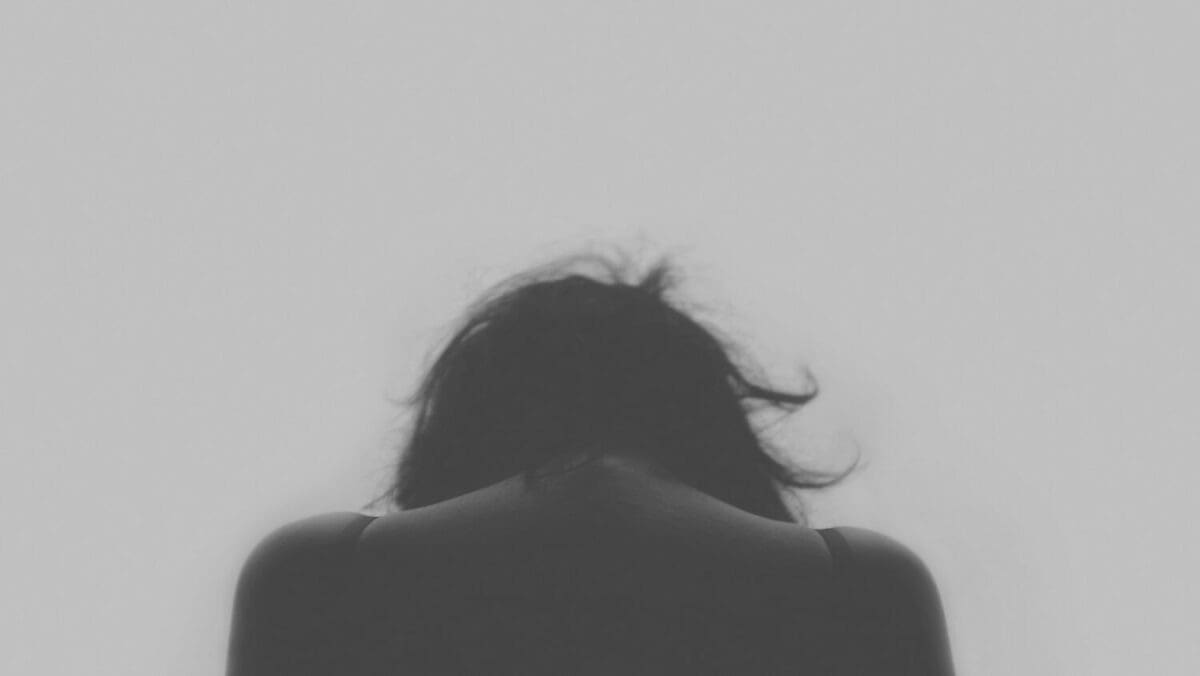
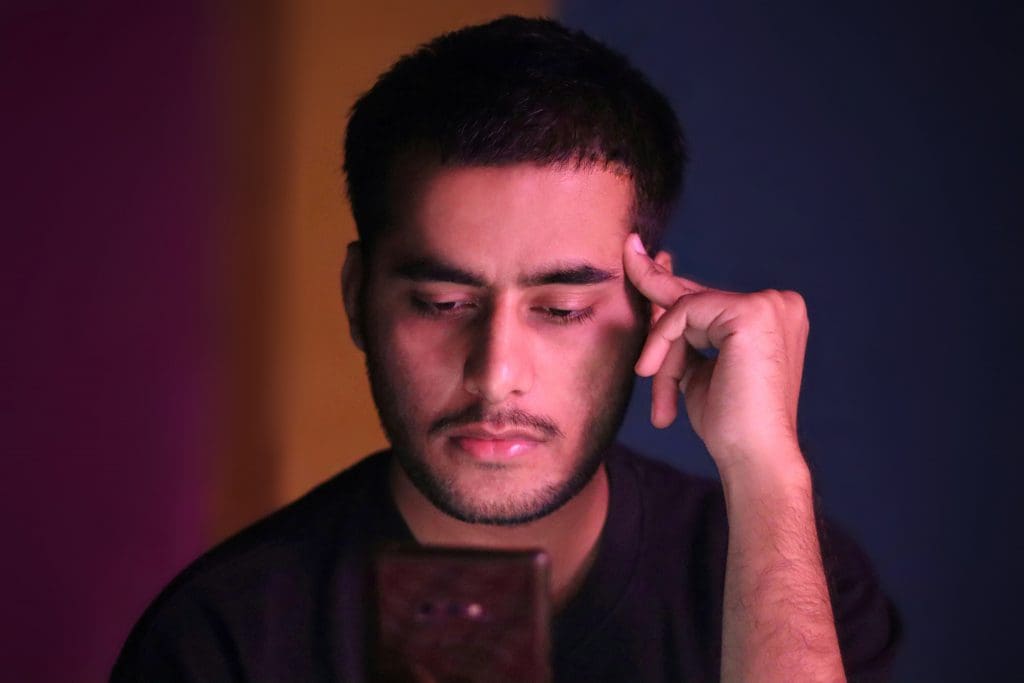
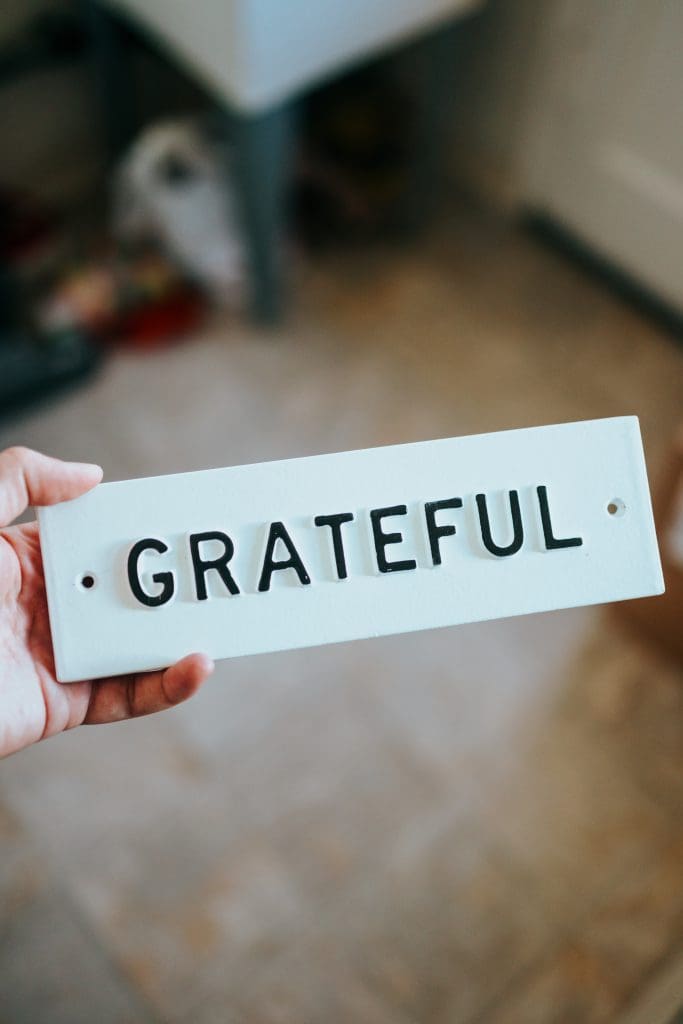



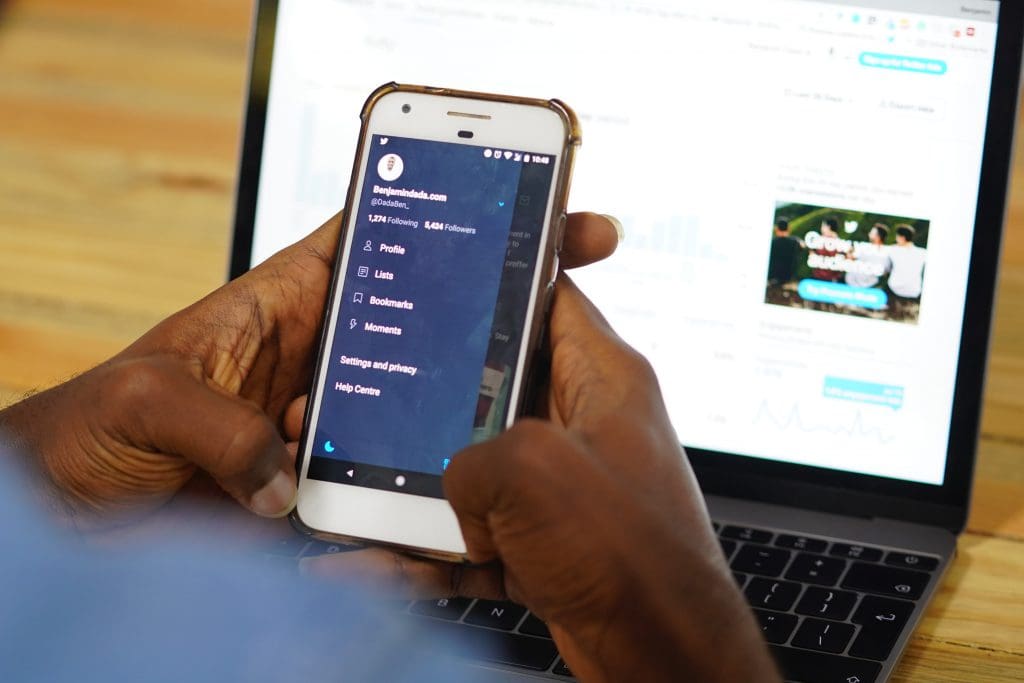
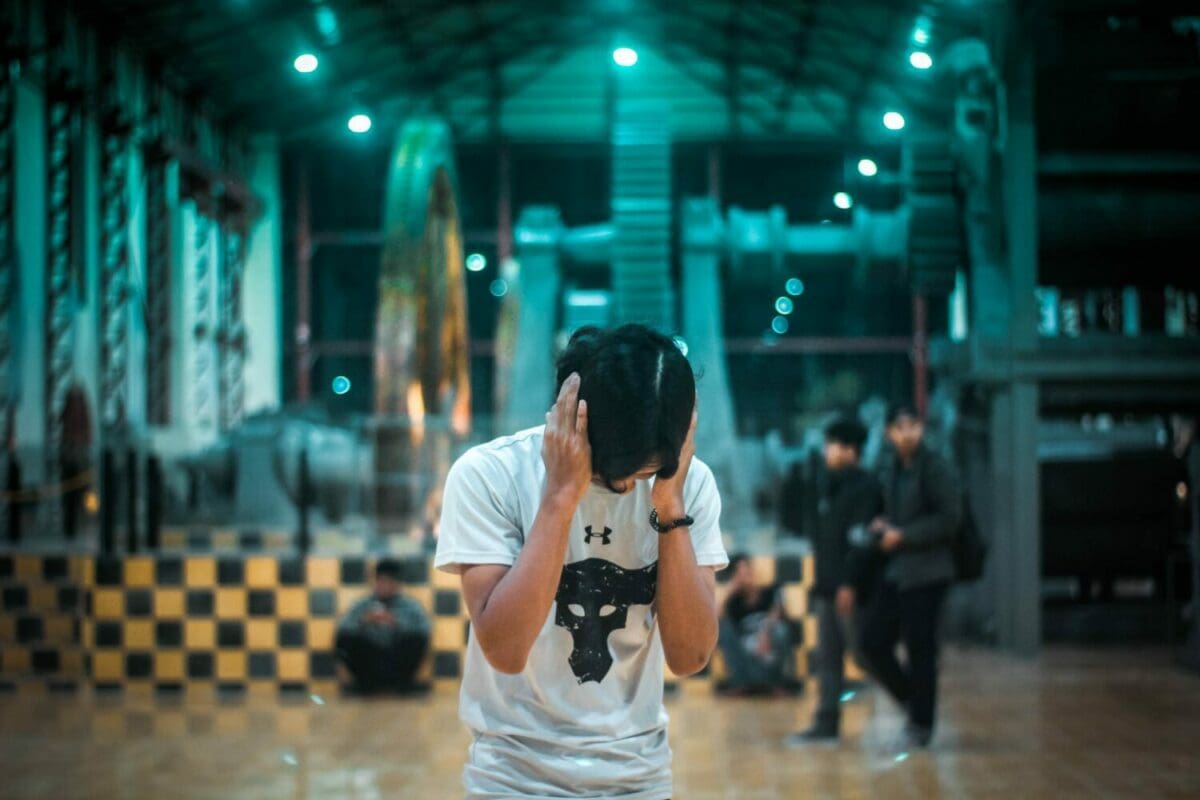
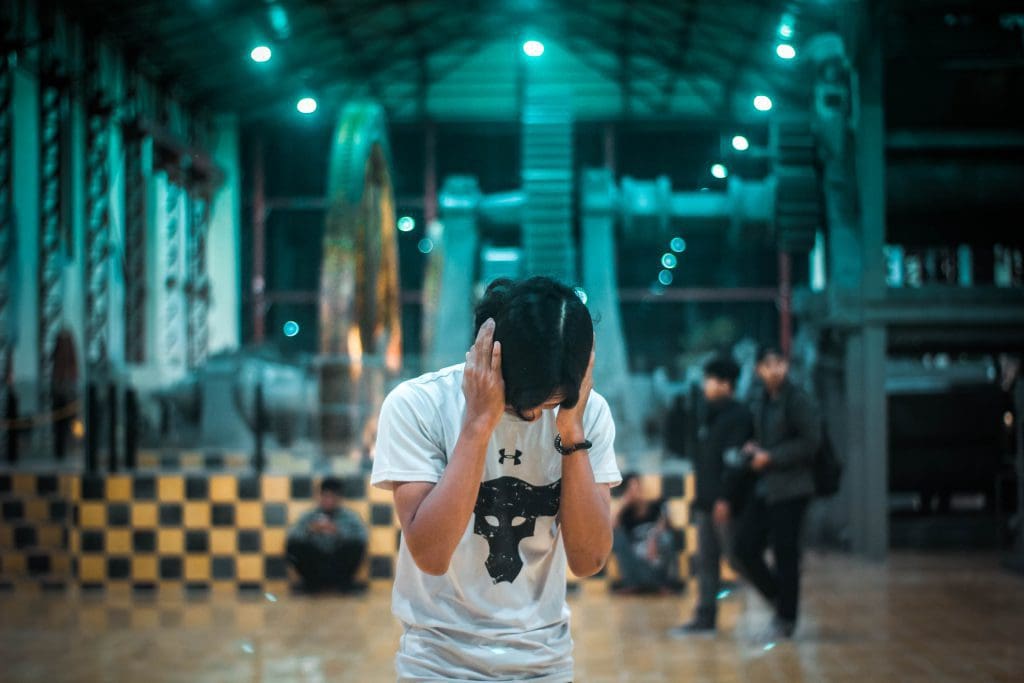


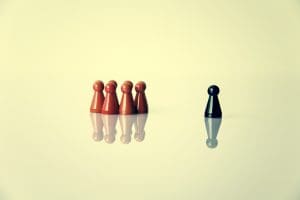


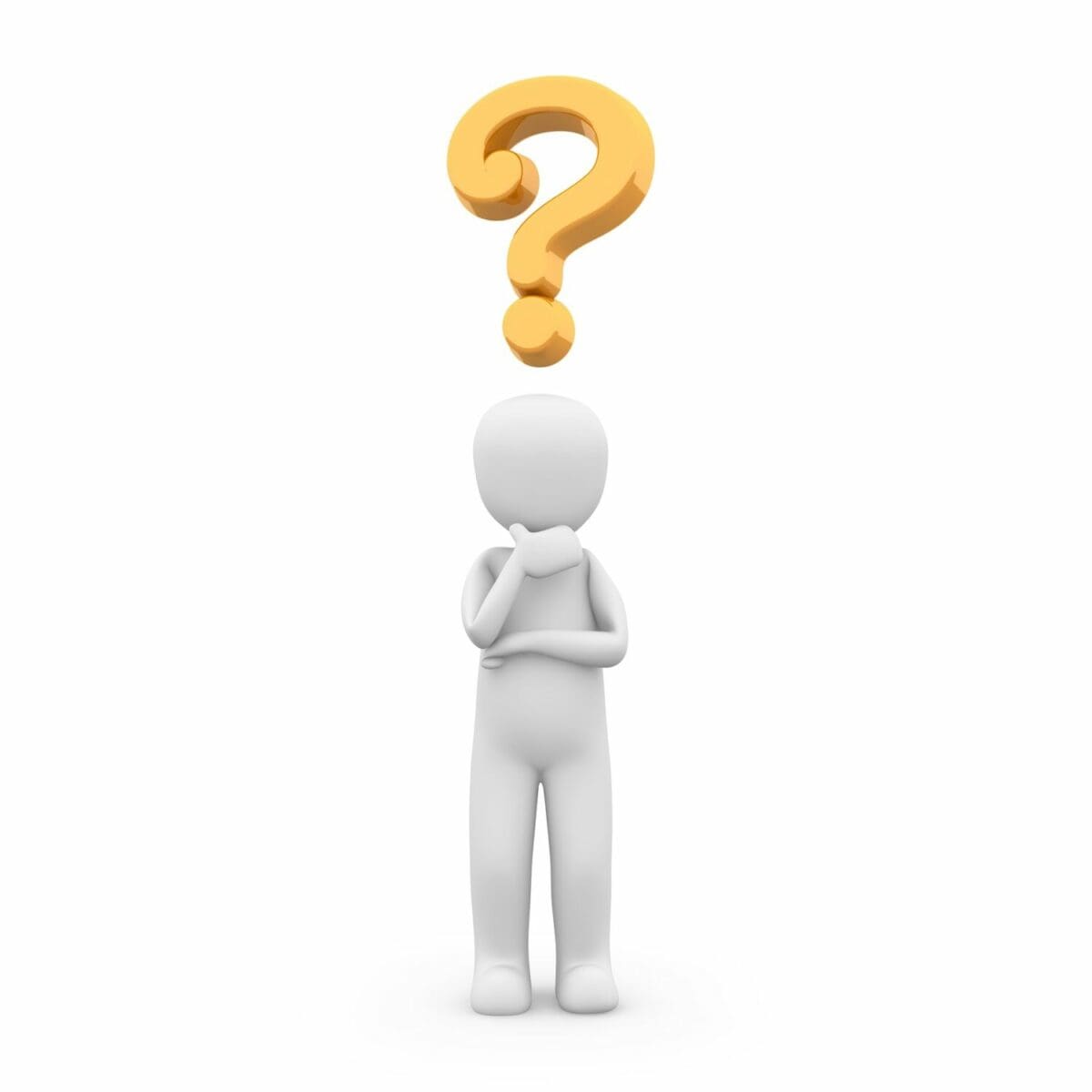







Recent Comments